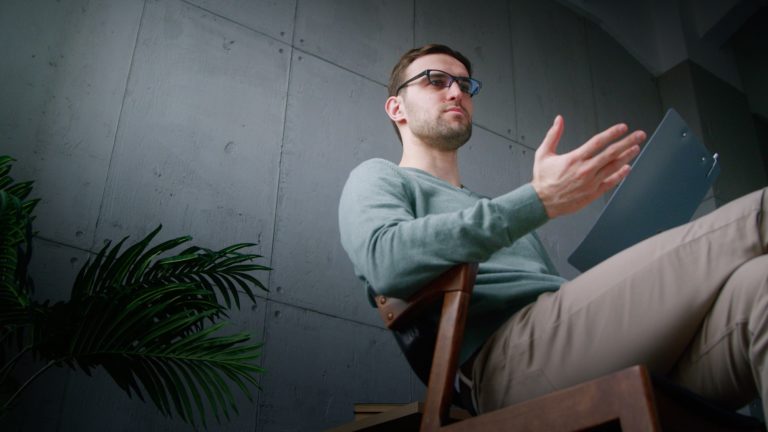
The Sound Inside
“Life wants to create new forms, and therefore, when a dogma loses its vitality, it must perforce activate the archetype that has always helped man to express the mystery of the soul.” (CW 14, par 488)

“Life wants to create new forms, and therefore, when a dogma loses its vitality, it must perforce activate the archetype that has always helped man to express the mystery of the soul.” (CW 14, par 488)

Do the meaning and value of the personality really lie only in what is permanent? May it not be that change, becoming, and development represent actually higher values than mere “defiance” of change? —C. G. Jung (CW 6, par. 157)

We get clues from the unconscious to further our “progress and ascent” toward a more complete and whole personality.

Do the meaning and value of the personality really lie only in what is permanent? May it not be that change, becoming, and development represent actually higher values than mere “defiance” of change? —C. G. Jung (CW 6, par. 157)

Though people may start with clear orientations either inwardly or outwardly, or more directive than receptive, or more oriented to relationships than rational logic, with individuation, each of these orientations gains strength.

Though people may start with clear orientations either inwardly or outwardly, or more directive than receptive, or more oriented to relationships than rational logic, with individuation, each of these orientations gains strength.

In the previous letter, we noted that there are at least two types of awareness that lie outside Jung’s type model but may be considered

In a previous letter, we noted that the body itself is not included among the modes of awareness portrayed in Jung’s model of psychological types.

People have often asked, “Which of the types is oriented to perceiving the body?” In asking that question, we assume that Jung’s type model embraces

“Had this type not existed, there would have been no prophets in Israel.” – C.G. Jung In this issue of the “Becoming Whole” articles, we